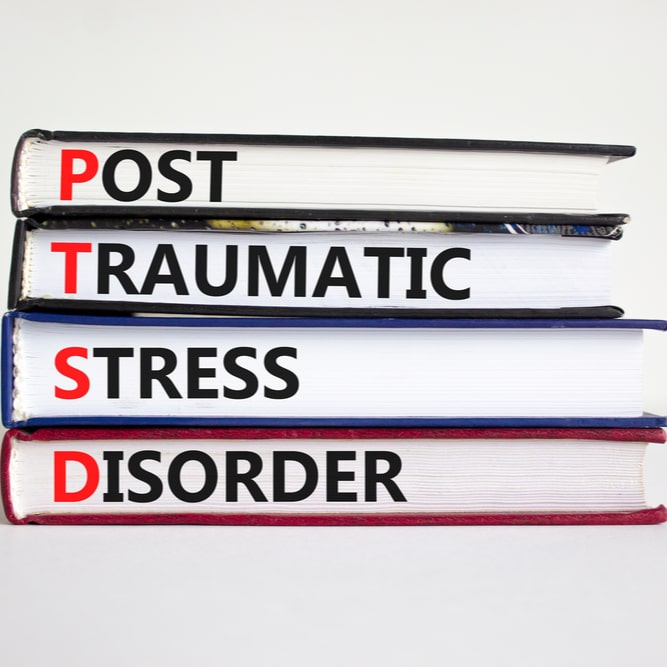The individuals who seek out trauma therapy have gone through one or more traumatic events during their life. While some find they can process trauma well and resolve their issues without a lot of help, that isn’t the case for everyone. In addition, those with severe or multiple traumas may need special support.
Professional trauma therapy acts as a way for people to heal from trauma issues and post-traumatic stress disorder (PTSD). Also, therapists can help those whose trauma recovery may be more complicated or in conjunction with other issues like depression, anxiety, or substance abuse.
What Is Trauma Recovery?
Any situation that results in being frightened or overwhelmed can be classified as trauma, even in cases with no physical harm. Trauma doesn’t listen to objective facts but your own emotional experience during and after an event. For example, two people might experience the same event, with one finding it mildly upsetting and the other finding it extremely traumatic.
Trauma recovery in Pasadena, CA, means moving to a place of living in the present without the constant thoughts and feelings that come from past trauma. However, recovery doesn’t mean losing all those feelings or emotions but putting the situation behind you and living a joyful life that isn’t dependent on past events.
The Phases of Trauma Recovery
There are three phases of trauma recovery, starting with assessing and stabilizing your mental and physical condition. Then, a therapist can help you work through any trauma symptoms you might have, including panic, nightmares, flashbacks, and frightening thoughts.
Phase 1: Stability and Safety
Many people withdraw after a traumatic event, which is a survival instinct. You may also feel denial, fear, anger, and guilt. Other emotions may also surface depending on you as a person. It could make you feel unsafe in the world, relationships, and your own body. This phase can last from weeks to years, especially without therapy.
Therapists will help you understand your emotions during phase one. Next, you’ll discover areas of life that need stability and safety addressed. Recovering begins with regulating unpleasant emotions through new coping skills. Therapists can also teach you things like deep breathing and mindfulness to incorporate into your new routine.
Phase 2: Remembrance and Mourning
Phase two is where you determine what the event means to you. Then, you’ll start processing the event and determining the meaning behind the trauma. It’s important to review the trauma without reliving it. While working with a therapist in Pasadena, CA, they’ll help you stay safe and stable as you work at your own pace.
When you’re ready, you can grieve losses from the traumatic event. You can let out emotions, even the painful ones. This is a time to be gentle with yourself. If EMDR is a good choice for your situation, it may be used in this phase. It’s a technique where you review the event while focusing on stimuli like eye movements, tapping, or buzzing.
Phase 3: Reconnection and Integration
Your sense of self may change after trauma. It feels as if the trauma defines you. The last phase is about getting through these things to live a happy life. You’ll learn to create a new sense of self while building on pleasant experiences and making future plans. Finally, you can start redefining relationships and reconnecting with others.
Trauma becomes part of your past and no longer needs to define you. You know what the event was and its effects but can move forward. This might mean helping others with similar trauma, talking in public, or something different.
Types of Trauma Recovery
The appropriate type of trauma recovery for you will depend on the experience. For example, someone who has gone through betrayal trauma will have different needs than someone who has experienced sexual trauma. Your Pasadena Trauma therapist can help you choose the right recovery method for your situation.
Betrayal
Betrayal trauma is often associated with child abuse or partner betrayal. Some of the strategies you might work with a therapist include acknowledging what happened, understanding your specific triggers, naming and accepting your emotions, and taking proper care of your body.
Sexual
Individuals who have experienced sexual trauma may need to work with a therapist they trust to open up about the experience. You then will take steps to challenge your isolation and helplessness. You’ll learn to cope with emotions like shame and guilt, work through upsetting memories, and reconnect to your feelings and body.
Trauma Recovery Through Therapy in Pasadena, CA
Alejandro Sandoval offers trauma recovery through therapy in Pasadena, CA, at SandovalTherapy. Alejandro has specialized in trauma, including transgenerational trauma, stress, racial identity, acculturation stress, men’s issues, relationship issues, and more.

